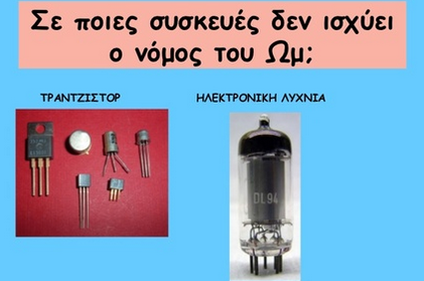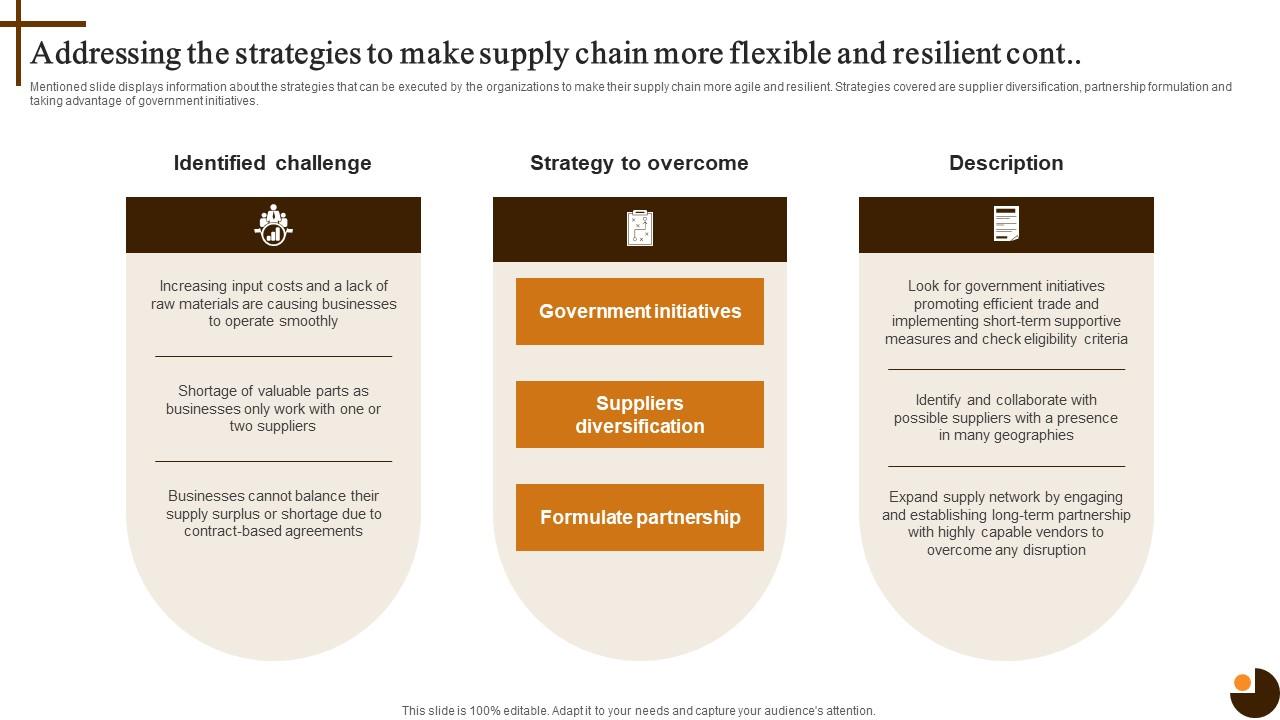Kazuo Ishiguro: Exploring Memory, Forgetting, And Imagination In His Novels

Table of Contents
The Fragility of Memory in Ishiguro's Novels
Ishiguro consistently portrays memory as a fragile and unreliable construct, shaping his characters' identities and destinies in profound ways. This exploration of memory's imperfections is central to understanding the emotional core of his work.
Memory as a Construct in The Remains of the Day
In The Remains of the Day, Stevens, the aging butler, serves as an unreliable narrator, his selective memory profoundly influencing the novel's narrative. His meticulous recollection of duties obscures his repressed emotions and the consequences of prioritizing service over personal fulfillment.
- Unreliable Narration: Stevens' meticulously detailed accounts omit crucial emotional experiences, revealing the limitations of his self-awareness and the power of repressed memory.
- Repressed Emotions: His unwavering devotion to Lord Darlington blinds him to the ethical implications of his actions and the pain of unrequited love. The reader must piece together the truth from fragmented recollections and subtle clues.
- Emotional Repression: The consequences of his emotional repression manifest in a deep-seated loneliness and regret, highlighting the human cost of prioritizing duty over personal feelings.
Distorted Memories and Identity in Never Let Me Go
Never Let Me Go explores fragmented memories and identity crises within a dystopian setting. The clones' struggle to understand their origins and their predetermined fate is inextricably linked to their incomplete and manipulated memories.
- Fragmented Memory: The clones' memories are piecemeal, leaving gaps in their understanding of their own past and purpose. This lack of complete knowledge directly impacts their search for identity.
- Identity Crisis: The clones grapple with their status as manufactured beings, questioning their worth and searching for a sense of self beyond their predetermined roles.
- Tangible Reminders: Photographs and other tangible reminders play a crucial role in the clones’ attempts to reconstruct their past and build a sense of shared history, offering fleeting moments of connection and understanding.
The Elusive Past in Klara and the Sun
Klara and the Sun, Ishiguro's latest novel, offers a unique perspective on human memory through the eyes of an artificial friend. Klara, an Artificial Friend (AF), observes human relationships and memory with a detached yet insightful gaze, providing a different lens through which to explore memory's complexities.
- Artificial Intelligence and Memory: Klara’s unique perspective challenges conventional notions of human memory and emotion. Her observations highlight the subjectivity and fragility of human recollection.
- Human Connection: Klara's capacity for observation and understanding allows her to form deep connections with humans, revealing the importance of human interaction in shaping memory and identity.
- Memory and Technology: The novel subtly examines how technology can influence and even distort our understanding of memories, forcing us to confront our dependence on technology in preserving and sharing our personal histories.
The Power of Forgetting and Self-Deception
Ishiguro masterfully explores the ways in which forgetting and self-deception shape individuals' lives and perspectives. This conscious or unconscious avoidance of painful truths has significant consequences, impacting not only individual well-being but also ethical considerations.
Suppressed Trauma in The Remains of the Day
Stevens' deliberate forgetting of uncomfortable truths contributes to his self-deception and inability to confront his past. This self-imposed amnesia stems partially from societal pressures to maintain a stoic façade and uphold a rigid class structure.
- Self-Deception: Stevens' dedication to service and unwavering loyalty lead him to repress feelings of betrayal and personal disappointment.
- Denial: He actively avoids confronting the darker aspects of Lord Darlington's past and his own complicity in events of historical significance.
- Historical Context: The novel’s setting within the backdrop of pre- and post-war England sheds light on the social and political forces that contributed to Stevens' self-deception.
The Ethical Implications of Forgetting in Never Let Me Go
The clones in Never Let Me Go face a manufactured form of forgetting, a carefully engineered ignorance about their origins and destiny. This controlled amnesia raises significant ethical questions about societal responsibility and the manipulation of memory.
- Ethical Implications: The ethical dimensions of the clones’ existence, from their creation to their eventual “completion,” highlight the dangerous potential of controlled memory and the manipulation of human life.
- Social Responsibility: The novel prompts reflection on the ethical responsibility of society in managing knowledge and shaping individual experiences, questioning the limits of scientific advancement.
- Controlled Memory: The clones' lack of complete knowledge shapes their perceptions and limits their ability to fully understand their situation, raising significant questions about autonomy and self-determination.
Acceptance and Letting Go in Klara and the Sun
Klara and the Sun explores themes of acceptance and letting go, examining how individuals cope with loss and the role of memory in the grieving process. The novel shows how even artificial intelligence can facilitate emotional processing and promote healing.
- Acceptance: Klara's perspective offers a unique lens into human grief and acceptance. Her steadfast loyalty and unwavering support highlight the significance of human connection during times of loss.
- Loss: The novel sensitively depicts the complexities of loss, highlighting both the pain and the gradual acceptance that follows.
- Emotional Processing: Klara’s presence, although artificial, aids the emotional processing of grief, underscoring the therapeutic potential of genuine connection.
The Role of Imagination and Storytelling
Ishiguro's novels consistently demonstrate the power of imagination and storytelling, highlighting their ability to shape identity, offer solace, and even provide a sense of hope. These narratives often challenge the reliability of memory, contrasting it with the potent role of imagination in constructing meaning.
Constructing Narratives in The Remains of the Day
Stevens' narrative construction is integral to his self-image and understanding of his past. However, this retrospective storytelling is limited and unreliable, revealing the subjective nature of memory and the power of self-deception.
- Narrative Construction: Stevens meticulously constructs a narrative that prioritizes his professional duties, neglecting or downplaying the emotional impact of his experiences.
- Unreliable Narration: The reader understands that Stevens’ recollections are selectively filtered, omitting crucial information and shaping his self-perception.
- Retrospective Storytelling: The novel's structure, relying heavily on retrospective storytelling, reveals the limitations of memory and the ways in which individuals can reshape their past to fit their present needs.
Hope and Imagination in Never Let Me Go
The clones in Never Let Me Go find solace and a fragile sense of hope through imagination and storytelling. Their shared stories and dreams provide a space for resistance and a yearning for a future beyond their predetermined fate.
- Hope: The search for “deferral,” a hypothetical extension of their lives, embodies the human desire for hope and the enduring power of imagination.
- Imagination: The clones’ capacity for imagination, even in the face of bleak reality, offers a potent form of resistance and a defiant expression of their humanity.
- Possibility: The novel subtly explores the potential of imagination to offer comfort and hope, allowing the clones to maintain a sense of dignity and purpose despite their circumstances.
Empathy and Perspective-Taking in Klara and the Sun
Klara's unique perspective allows for a deeper understanding of human emotions and experiences. Her capacity for observation and interpretation encourages empathy and perspective-taking, showcasing the transformative power of imagination.
- Empathy: Klara's capacity for empathy, even as an artificial intelligence, demonstrates the importance of understanding different perspectives to achieve genuine human connection.
- Perspective-Taking: Her observations highlight the complexity of human emotions and highlight the need for empathy and understanding.
- Artificial Intelligence and Empathy: Klara's role challenges the perception that only human intelligence can experience and express empathy, suggesting the potential for AI to facilitate human connection.
Conclusion
Kazuo Ishiguro's novels consistently explore the complex interplay of memory, forgetting, and imagination, revealing the fragility of the past and the power of the human spirit to endure. Through diverse narrative techniques and compelling characters, he probes the depths of human experience, highlighting the enduring power of these themes to shape individual identities and collective understanding. His profound explorations of these crucial aspects of the human experience offer valuable insights into our relationship with the past, present, and the possibility of the future. Delve deeper into the world of Kazuo Ishiguro novels and discover the complex interplay of memory, forgetting, and imagination for yourself. Consider exploring his lesser-known works or engaging with critical analyses to further enhance your understanding of his masterful storytelling.

Featured Posts
-
 L Affaire Baffie Ardisson Repond Aux Critiques
May 25, 2025
L Affaire Baffie Ardisson Repond Aux Critiques
May 25, 2025 -
 Mercedes Ferstapen Mia Sxesi Poy Psyxrainetai
May 25, 2025
Mercedes Ferstapen Mia Sxesi Poy Psyxrainetai
May 25, 2025 -
 O Kuluebuen Basina Bueyuek Bela Doert Oyuncuya Sorusturma Acildi
May 25, 2025
O Kuluebuen Basina Bueyuek Bela Doert Oyuncuya Sorusturma Acildi
May 25, 2025 -
 La Strategie De La Chine Pour Etouffer Les Voix Dissidentes En France
May 25, 2025
La Strategie De La Chine Pour Etouffer Les Voix Dissidentes En France
May 25, 2025 -
 The Cinematic Glasgow Comparing Martin Compstons Thriller To Los Angeless Film Noir
May 25, 2025
The Cinematic Glasgow Comparing Martin Compstons Thriller To Los Angeless Film Noir
May 25, 2025
Latest Posts
-
 Proces Marine Le Pen Appel Contre La Peine De Prison Et D Ineligibilite
May 26, 2025
Proces Marine Le Pen Appel Contre La Peine De Prison Et D Ineligibilite
May 26, 2025 -
 Le Pen Fait Appel Apres Condamnation A 4 Ans De Prison Et Ineligibilite
May 26, 2025
Le Pen Fait Appel Apres Condamnation A 4 Ans De Prison Et Ineligibilite
May 26, 2025 -
 Sg Wireless Expanded Manufacturing Partnerships A Solution For Oem Supply Chain Issues
May 26, 2025
Sg Wireless Expanded Manufacturing Partnerships A Solution For Oem Supply Chain Issues
May 26, 2025 -
 Condamnation Marine Le Pen Appel Contre 4 Ans De Prison Et Ineligibilite Immediate
May 26, 2025
Condamnation Marine Le Pen Appel Contre 4 Ans De Prison Et Ineligibilite Immediate
May 26, 2025 -
 Addressing Oem Supply Chain And Country Of Origin Concerns Sg Wireless Enhanced Manufacturing Strategy
May 26, 2025
Addressing Oem Supply Chain And Country Of Origin Concerns Sg Wireless Enhanced Manufacturing Strategy
May 26, 2025
